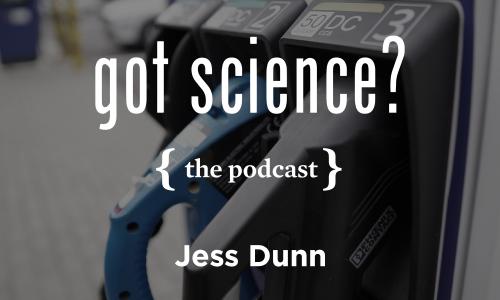Trucks and buses are a leading source of harmful air pollution. It doesn’t have to be that way.
Tailpipe pollution from commercial trucks and buses has a particularly outsized impact on public health. Trucks contribute to smog and particulate pollution, which cause a host of health problems from irritation and inflammation of the lungs, to worsening asthma and coughing, to lowering resistance to lung infections, and even to premature death.
In a collaborative effort between the Union of Concerned Scientists, the Natural Resources Defense Council, and MJ Bradley and Associates, we explore options in these reports for cleaning up truck pollution in specific states.
We find that accelerating adoption of zero-emission trucks powered by clean electricity or clean hydrogen while lowering tailpipe pollution from fossil fuel powered trucks could significantly reduce unhealthy smog and air toxics, cut down climate pollution, and result in significant public health benefits—reducing respiratory illness, hospital visits and air-pollution-related premature deaths.
Transitioning to zero emission trucks now and over the next 20 years will not only improve public health but will also create significant economic benefits. Trucks owners will enjoy lower costs, as the average ownership cost of zero emission trucks is expected to become less than diesel trucks in the next 5 to 10 years depending on the type of truck. Increased utility sales of electricity to power electric trucks are anticipated to benefit all electricity users while investments in charging infrastructure will create new job opportunities.
These reports quantify the following benefits of deploying electric and cleaner diesel trucks including:
- Reductions in smog-forming nitrogen oxide emissions, particulate pollution, and heat-trapping climate emissions
- Reductions in emergency room visits, respiratory illness, and premature death
- Savings for truck owners and fleets from zero emission trucks
- Electricity rate payer savings
- Job and wage impacts
- Investment in charging infrastructure
- And, overall net societal economic benefits from reduce air pollution, climate pollution, and direct economic savings.



